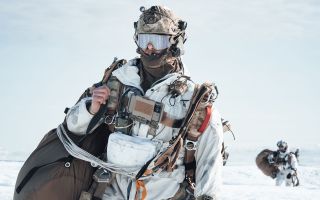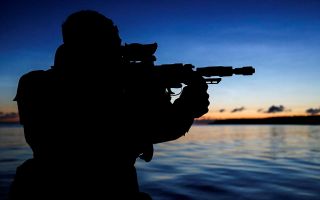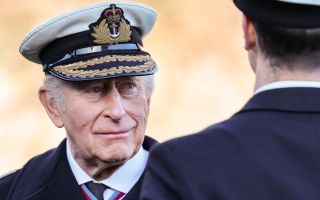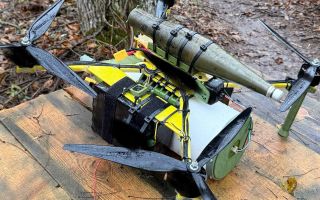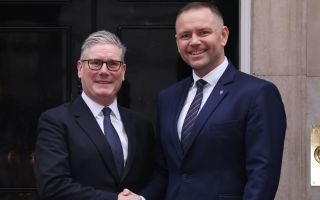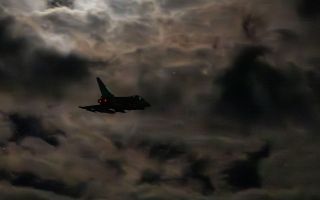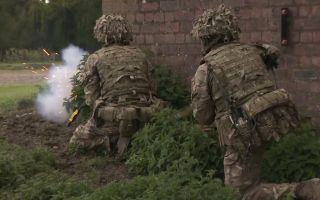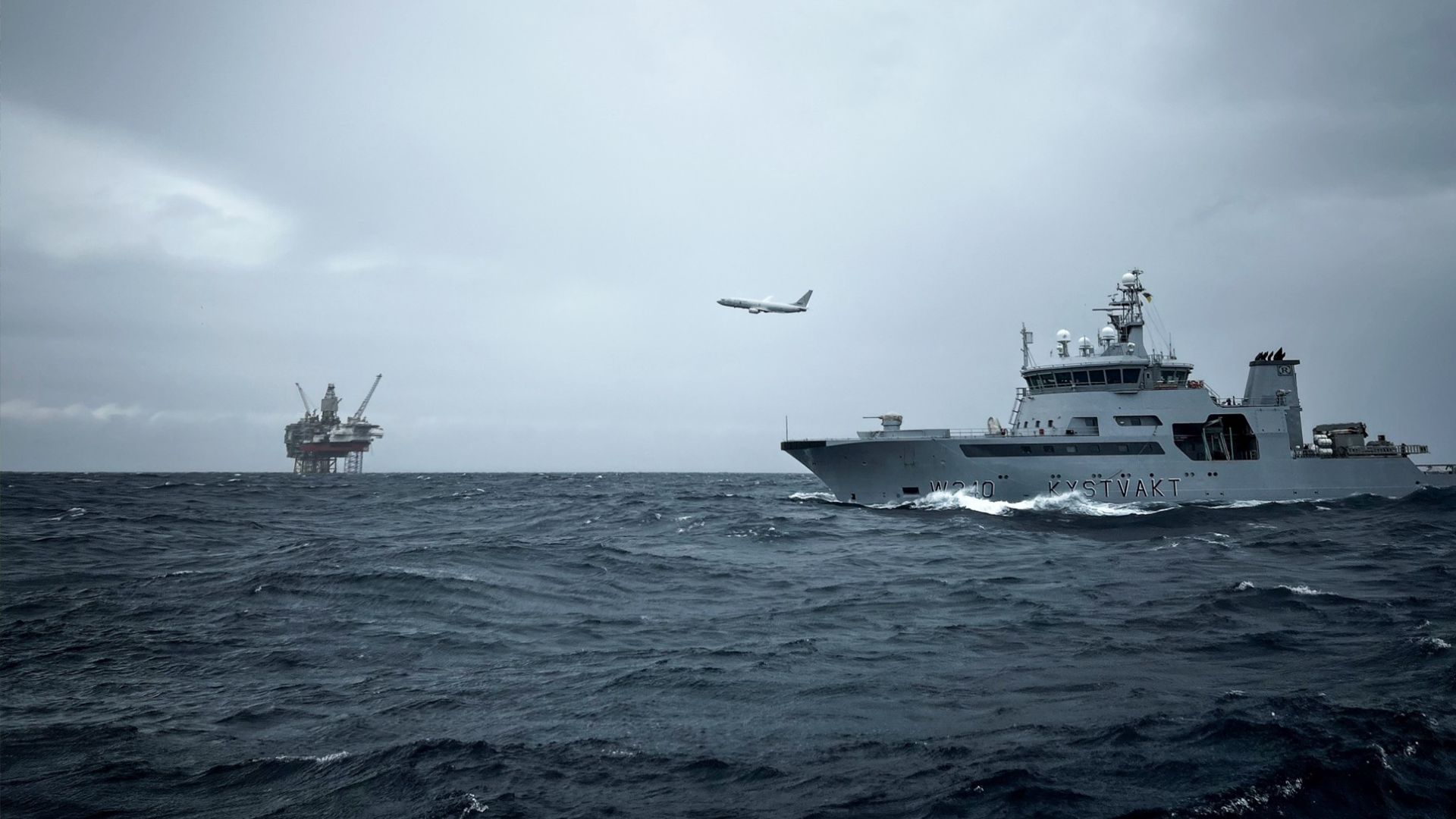
Nordic Warden: The maritime mission to protect our undersea internet infrastructure

The Joint Expeditionary Force has begun a month-long operation which sees multiple maritime and air units protect critical undersea infrastructure across northern Europe.
Such infrastructure includes vital energy pipelines and communication cables laid on the ocean floor that form the backbone of global connectivity and energy supply, ensuring we have internet and gas in our homes.
Recognising the growing threats to these crucial assets, the JEF has launched Nordic Warden.
"Nordic Warden builds on the success of JEF’s first ever response option last year, also focused on critical undersea infrastructure, and is part of a systematic approach to understand and respond to potential threats," said Group Captain Kevin Latchman, JEF's director of communications.
Launch of Nordic Warden
Launched at the beginning of June, Nordic Warden involves the 10 nations of the JEF - Denmark, Estonia, Finland, Iceland, Latvia, Lithuania, the Netherlands, Norway, Sweden and the United Kingdom - working together to safeguard the underwater infrastructure.
Over 30 ships and numerous air assets have been deployed to monitor and respond to any suspicious maritime activity.
Critical undersea infrastructure is essential for the economies of the highly interconnected nations of northern Europe.
Whether through a deliberate act of sabotage or by accident, any disruption to the vital underwater networks could wreak havoc on daily life across the region, leaving millions temporarily without the internet, for example.
Nordic Warden focuses on monitoring activity in the Baltic Sea, Danish waters and in other important sea areas of northern Europe.
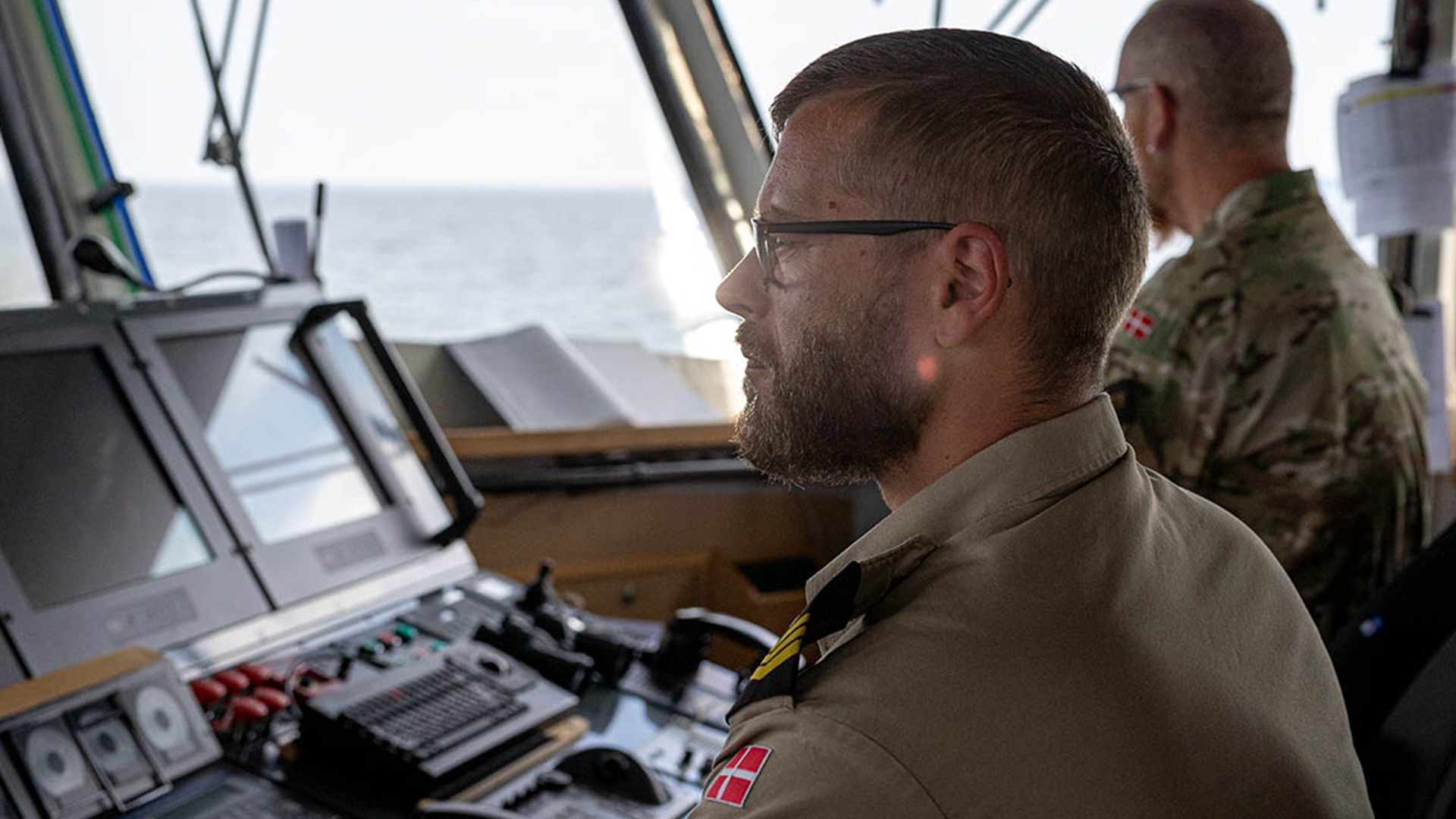
Coordinated effort is essential as disruptions to undersea cables and pipelines can have severe impacts on global communications and energy supplies.
"Undersea critical infrastructure often begins in one country and ends in another," explained Captain Klaus Rasmussen.
"This means that cooperation is extra important when we are talking about underwater critical infrastructure. Nordic Warden assumes that we are 10 partner nations in JEF that report to JEF, which collects the information, analyses it and reports back to us if there is something that needs extra focus in Danish waters."
The Danish contribution involves deploying Diana-class ships, CL-604 Challenger aircraft, as well as possibly frigates and the use of their surveillance centre.
Tracking the amount of maritime traffic is one of the JEF's roles.
"We have 100,000 ship passages by larger ships - and [up to] 400,000 if we count everything. So there are quite a few ships to keep track of," said Capt Rasmussen.
"For us, it is important to know what the normal picture is, so that we can identify what falls outside the normal picture."
Nordic Warden marks the second activation of the JEF's response option. Its inaugural exercise took place last December.
One aspect of JEF and Nato surveillance is to deter any attempt of sabotage.
It was launched partially as a response to the sabotage of the Nord Stream 1 and 2 pipelines in September 2022 that were built to deliver Russian gas to Germany.
What is the Joint Expeditionary Force?
Consisting of 10 'like-minded' nations, the JEF is a military alliance that maintains the security of northern Europe.
JEF was founded in 2014 at the Nato summit, with the UK occupying a central position as the "framework" nation of the alliance.
The structure of the UK-led task force means it can respond quickly to situations to the benefit of Nato and its member nations.
The UK contributes to JEF through personnel, equipment and capabilities drawn from the Armed Forces. Britain also supplies military elements to JEF, including commandos, airborne and maritime forces, and armour.
Coordinated from UK headquarters
The operation is managed from the JEF headquarters at Northwood in northwest London, which also houses the newly established Nato Maritime Centre for the Security of Critical Undersea Infrastructure.
The centre is dedicated to the security of thousands of miles of undersea energy pipelines and cables.
In recent years, Nato has massively boosted efforts to enhance the protection of CUI.
Led by Lieutenant General Hans-Werner Wiermann, a former German military officer, the CUI Coordination Cell at Nato Headquarters brings key military and civilian stakeholders together.
Integration with Nato
A key aspect of Nordic Warden is its integration with other Nato activities, particularly the Baltic Operations Exercise (Baltops), which started on 7 June.
Baltops 24 involves 19 Nato allies, over 50 ships, 85 aircraft and approximately 9,000 personnel, marking it as the largest assembly of amphibious forces in the exercise's history.
JEF activities are complementary to Nato and support the Alliance's efforts to deter and prevent threats in the Euro-Atlantic region.

